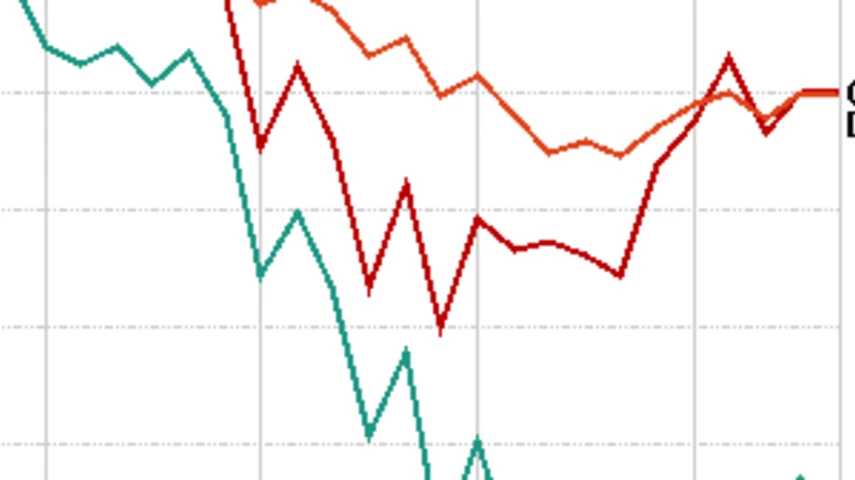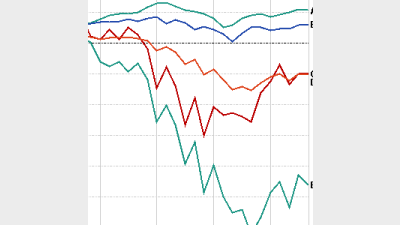Sustainable funds outperform ASX



Every single Australian-domiciled ‘sustainable’ fund outperformed the ASX 200 over the three months to 31 March, 2020, putting the rest to theory that sustainable does not mean sacrificing return, according to FE Analytics data.
In the Australian Core Strategies universe, there were 26 funds which described themselves as ‘sustainable’ including 14 which focused exclusively on Australian assets.
Sustainable funds tend to screen for companies which demonstrate leading environmental, social and corporate governance (ESG) practices while avoiding those which negatively impact society or the environment.
Over the three months to 31 March, 2020, the ASX 200 lost 23.1% while all 26 of the funds, both Australian and global, had managed to lose less than this.
The best-performing funds were those which focused on sustainable bonds rather than equities; Pendal Sustainable International Fixed Interest and Pendal Sustainable Australian Fixed Interest which returned 5.3% and 3%.
In equity funds, the best performers were VanEck Vectors MSCI International Sustainable Equity ETF which lost 4.8% and Pendal Sustainable Conservative which lost 5.1%.
Performance of four-best sustainable funds versus ASX 200 over three months to 31 March, 2020
The rule also applied over a longer time period with the index losing 14.4% over one year to 31 March and all funds outperforming this, including 10 funds which reported positive returns over the period.
Over one year, the sustainable fund reporting the highest return was VanEck Vectors MSCI International Sustainable Equity ETF with returns of 11.5%.
However, while all funds had beaten the Australian stockmarket, only half of the globally-focused funds managed to outperform the MSCI World and MSCI ACWI indices which both lost 9% over the three months.
Dan Lefkovitz, strategist for Morningstar’s indexes product group, said a reason for the outperformance of sustainably-focused funds could be their choice of stock selection.
“ESG indices or funds are more likely to select companies that are competitively advantaged and financially healthy, which undoubtedly contributes to their ability to reduce volatility. These type of companies are sturdier, more prepared for the long term and more able to withstand a crisis,” he said.
“Indeed, energy, a consistent underweight for ESG indexes, was the worst-performing sector thanks to an oil price war and falling demand which benefitted ESG funds but it is not the only reason.”
Recommended for you
BlackRock Australia plans to launch a Bitcoin ETF later this month, wrapping the firm’s US-listed version which is US$85 billion in size.
Financial advisers have expressed concern about the impact including private market exposure is having on their tracking error budget, according to MSCI.
State Street will restrict its membership of global climate alliance Net Zero Asset Managers after the organisation dropped its flagship 2050 goals amid ESG backlash from the US.
Betashares has launched a global shares and a global infrastructure ETF as part of the firm’s strategic expansion strategy to support financial advisers in building more diversified portfolios.












